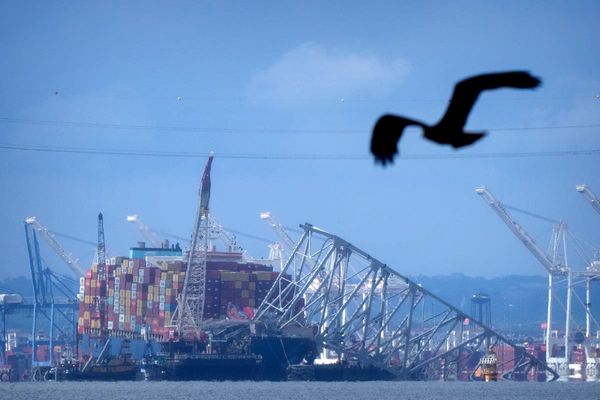
The rich toasty malt notes, the slight aftertaste of coffee and the hints of citrus are what make Coromoro beer so tasty, says Doris Suárez. It reminds her of the mountains where she used to live, and “it’s very, very delicious”.
Coromoro was the first beer produced by La Trocha, the Colombian brewery Suárez, 61, co-founded with 10 other former guerillas.
Suárez is one of the many former members of the Revolutionary Armed Forces of Colombia (Farc), which fought the Colombian government for decades, but since the 2016 peace deal have been trying to forge new paths in civilian lives.

Stigma around fighters in the Marxist-Leninist rebel group has made reintegration hard but the Colombian government, determined to stop the country slipping back into guerrilla warfare, has made small pots of money available to support rehabilitation. Suarez and her ex-Farc colleagues set up La Trocha in 2019 with the grant and scholarships to study beer production.
“I am already an older woman, I am a guerrilla fighter, I am a former prisoner, so with that on my CV no one is going to give me a job easily,” says Suárez, who served 14 years of a 40-year prison sentence for her involvement with the group.
La Trocha produces six beers in Bogotá, which are sold in bars across the capital and five other cities. The latest, La Fariana (a term used to refer to Farc members), launched in November and is labelled with a picture of a dove and a resting rifle.
Suárez says the brewery has given her a sense of purpose. “It’s what helps me to wake up every day, to get up with courage and be able to offer the best that we farianas can.”

In 2020, the company opened La Casa de la Paz (the house of peace), in Bogotá, a cultural space dedicated to reconciliation. The three-storey building, with walls adorned with graffiti and posters promoting peace and justice, has a bar, gallery, auditorium and co-working space. It hosts events, film screenings and runs guided tours to educate and allow discussions on Colombia’s violent history and road to peace. A shop sells products made by ex-combatants. The centre, which employs seven people, attracts 300 visitors a day.
“Everyone is welcome at La Casa de la Paz. Many foreigners, tourists, members of the public, students, they come to see and use the space,” says Suarez.
The centre also runs workshops for children. “Many children no longer know the history of their home,” says Suárez. “And if they don’t know the history of their home, they don’t know the history of their country either. And we have to start talking about that, about what we were, so that history doesn’t repeat itself.”
Suárez was sceptical about the peace process. “I never believed in the agreement because most of the governments were looking for the surrender of the guerrillas in exchange for nothing. With [the former Colombian president Juan Manuel] Santos, despite everyone’s predictions, an agreement was reached, which is not revolutionary because we did not defeat the Colombian state, but it does lay the foundations for a better country – a more democratic state, with greater opportunities.”

Santos and Timoleón Jiménez, the former commander-in-chief of the Farc, have both visited the centre and posed together with bottles of beer.
“Many people think that peace is just putting down the guns but it’s also about ensuring all people have the opportunities they deserve … that they have a guarantee of fundamental rights to health, education, housing,” says Suárez.
Security concerns remain. About 400 former Farc combatants have been killed since the peace agreement was signed. Paper butterflies hang in the entrance of La Casa de la Paz as a tribute.
The company only hung up a sign outside the centre three months ago. “There were several attacks on businesses here [in Bogotá] founded by ex-combatants,” says Suárez.
“We were always fearful from the beginning … but we tried not to let that hold us back. We always pushed forward.”







